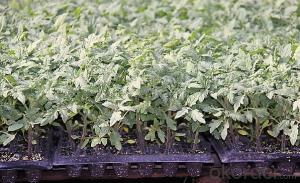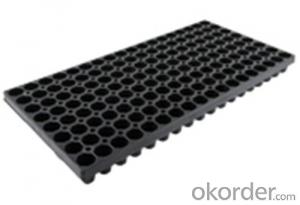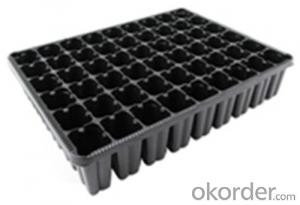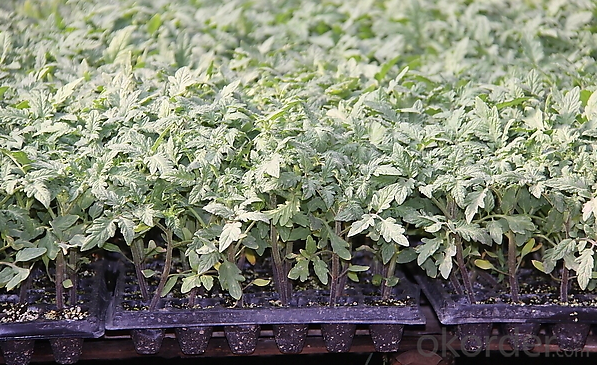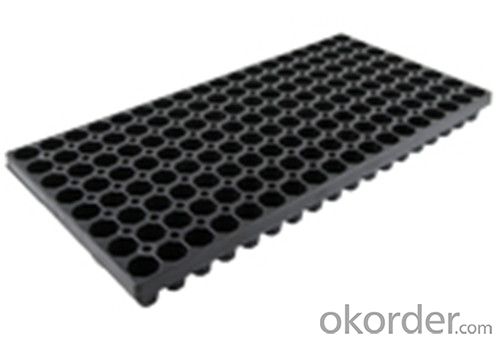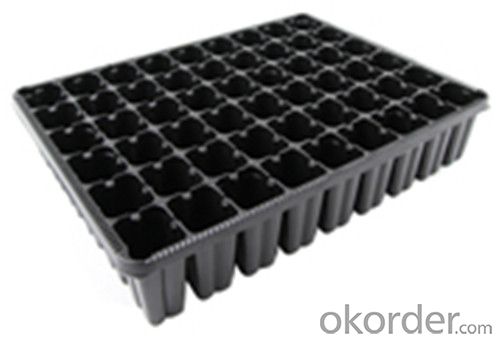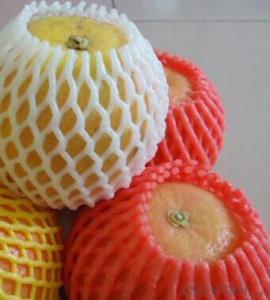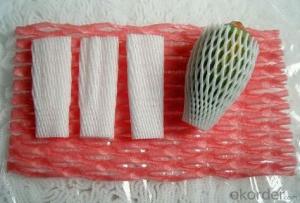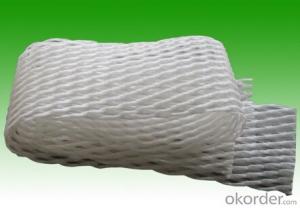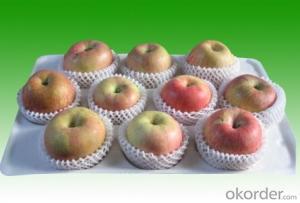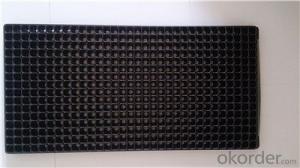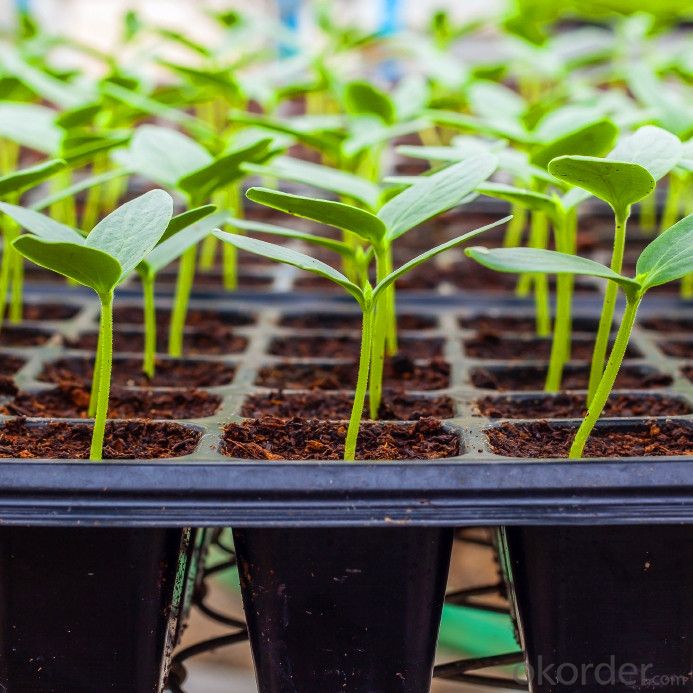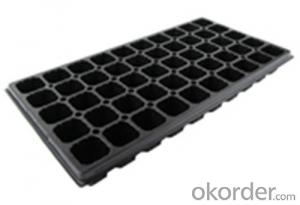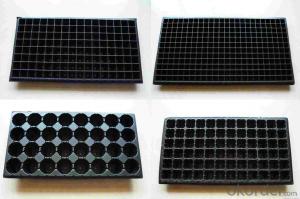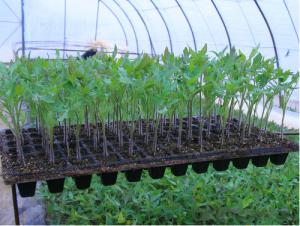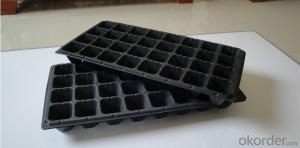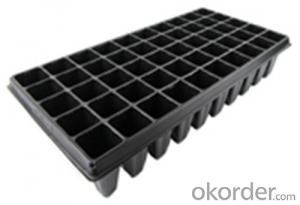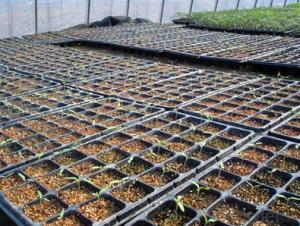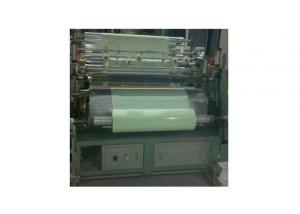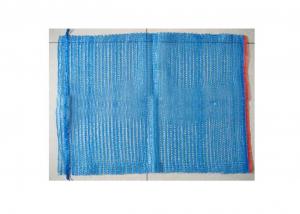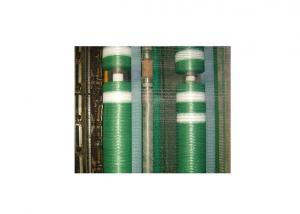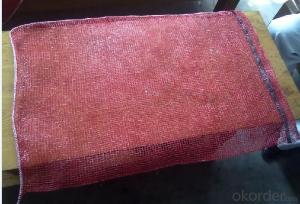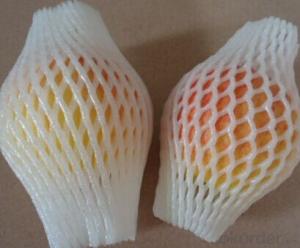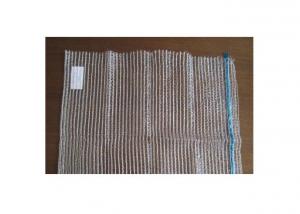Planting Plastic Seeding Tray for Greenhouse China Suplier/Good Price
- Loading Port:
- China main port
- Payment Terms:
- TT OR LC
- Min Order Qty:
- 1000 pc
- Supply Capability:
- 10000000 pc/month
OKorder Service Pledge
OKorder Financial Service
You Might Also Like
Structure of the seed tray: · Top quality and competitive price. · Variety design and good appearance. · Easy to use, and remove. · Durable and reusable. · Eco-Friendly.
Advantages: · Top quality and competitive price. · Variety design and good appearance. · Easy to use, and remove. · Durable and reusable. · Eco-Friendly.
Application: · Ideal for Starting seeds and Transplanting Seedling. · Suitable for both manual and automatic planting. · Suitable for Propagating Vegetables, Flowers and other plant from seed · in green-house or indoors.
Description Main Features of the seed tray: · Ideal for Starting seeds and Transplanting Seedling. · Suitable for both manual and automatic planting. · Suitable for Propagating Vegetables, Flowers and other plant from seed in green-house or indoors. Using time: · thickness of 0.5mm can be used 1 to 2 times. · thickness of 0.6mm can be used 3 to 4 times. · thickness of 0.7mm can be used 5 to 6 times. · thickness of 0.8mm can be used 7 to 8 times. · thickness of 0.9mm can be used 8 to 9 times. · thickness of 1.0mm can be used 8 to 10 times. Thickness vs. Weight: · Thickness of trays are from 0.5mm to 1.0mm. · 1.0mm: 155g±5g; 100pcs/ctn. · 0.9mm: 140g±5g; 120pcs/ctn. · 0.7mm: 110g±5g; 150pcs/ctn. · 0.6mm: 95g±5g; 180pcs/ctn. · 0.5mm: 80g±5g; 200pcs/ctn.
Seed Tray Specification: Materialps/pvcThickness0.5mm-1.5mm, standard:1mmWeight80g(±5)g-230g(±5)g, Standard weight:155g(±5)gSizelength:490mm-540mm, width:190mm-345mm,depth:25mm-150mm Standard:54mmX28mmCell count18-512Packagein cartonUsing time8-10 times
FAQ: Q:How Can I Get A Sample? A:You can get samples by communicate with our export sales. Q:How Long Is Delivery? A:Delivery time will be 7-25 days according to order quantity. Q:What Is The MOQ? A:Our MOQ is 1*20FT container quantity, allow to mix several items. Q:What Is Our Normal Payments Terms? A:Our normal payment terms now is T/T, L/C or Western Union,Papal. Q:How Do I Order Your Products? A:You can check our website for any items you interest and you can also get communication with our export sales and order for it accordingly. Q:What Kinds Of Material We Use In Our Product? A:Our plastic flower pots use material such as PP polymer or PE polymer.
|
- Q: I have white plastic that has yellowed. How does one make it white again?
- The yellowing is due to chemicals inside the plastic being broken down by ultraviolet light. The only way to make yellow plastic white again is to paint it.
- Q: Do I have remove the labels? Do I have to removed the colored plastic cap? What if they are different shapes and sizes? Can I put them all together?Can I put the clear plastics (like for soda) with unclear plastics (like for punch) together?Can I take it to the little stations outside of supermarkets to recycle? I know they recycle cans.
- here okorder
- Q: What are the best ground cover plants for shady areas?
- Some of the best ground cover plants for shady areas include hostas, ferns, periwinkle, lamium, and sweet woodruff.
- Q: Can ground cover plants survive in poor soil conditions?
- Yes, ground cover plants can survive in poor soil conditions. Ground cover plants are typically hardy and adaptable, allowing them to tolerate a wide range of soil conditions, including poor quality soil. Some ground cover plants are even specifically selected for their ability to thrive in challenging soil conditions, such as dry, rocky, or nutrient-deficient soils. However, it is important to note that while ground cover plants may survive in poor soil conditions, they may not thrive or grow as vigorously as they would in optimal soil conditions.
- Q: Do nursery trays come with a tray stand?
- No, nursery trays typically do not come with a tray stand.
- Q: How does ground cover impact the health of nearby trees?
- Ground cover can have a significant impact on the health of nearby trees. When chosen carefully, ground cover can provide numerous benefits such as reducing soil erosion, retaining moisture, and suppressing weed growth. These factors contribute to healthier soil conditions, which in turn support the growth and development of nearby trees. On the other hand, inappropriate or invasive ground cover can compete with trees for essential resources like sunlight, water, and nutrients, potentially causing stress or even death. Therefore, selecting the right ground cover and maintaining it properly is crucial for ensuring the overall health and vitality of nearby trees.
- Q: Someone tell me about plastic reeds for alto saxophone
- I actually don't know. I've been wanting to try plastic reeds for a while, at least for marching. The tone I don't think is as good as on a wooden reed, but I'm not sure. I would just stick with the Vandoren. That's what I use now, except I switch between a 3 and a 4.
- Q: How are plastic herbicide bottles used in agriculture?
- Plastic herbicide bottles are commonly used in agriculture as containers for storing and dispensing herbicides. They ensure the safe and convenient transportation of herbicides to the fields, allowing farmers to effectively apply them to control weeds and unwanted vegetation.
- Q: always seen it in plastic cups.. not styrofoam cups.. why is this/????
- Styrofoam is supposed to be bad for the environment because it doesn't break down in the waste... Now most plastic cups a recyclable=good for the environment :) Plus they come in better sizes colors;)
- Q: How does empty plastic water bottles that are littered, affect our oceans?
- With a simple plastic water bottle in our oceans can case a problem in our food chain. You might wonder why if a fish eats the plastic bottle it can choke and die. If there is a fish there is a bigger fish that eats the tiny fish, but since the ting fish the dead the large fish has no food now and it will die of starvation . Now since the large fish died a larger fish now has no food then that fish dies... etc . That just for 1 bottle imagine for a 1000 or even more.
Send your message to us
Planting Plastic Seeding Tray for Greenhouse China Suplier/Good Price
- Loading Port:
- China main port
- Payment Terms:
- TT OR LC
- Min Order Qty:
- 1000 pc
- Supply Capability:
- 10000000 pc/month
OKorder Service Pledge
OKorder Financial Service
Similar products
Hot products
Hot Searches
Related keywords
